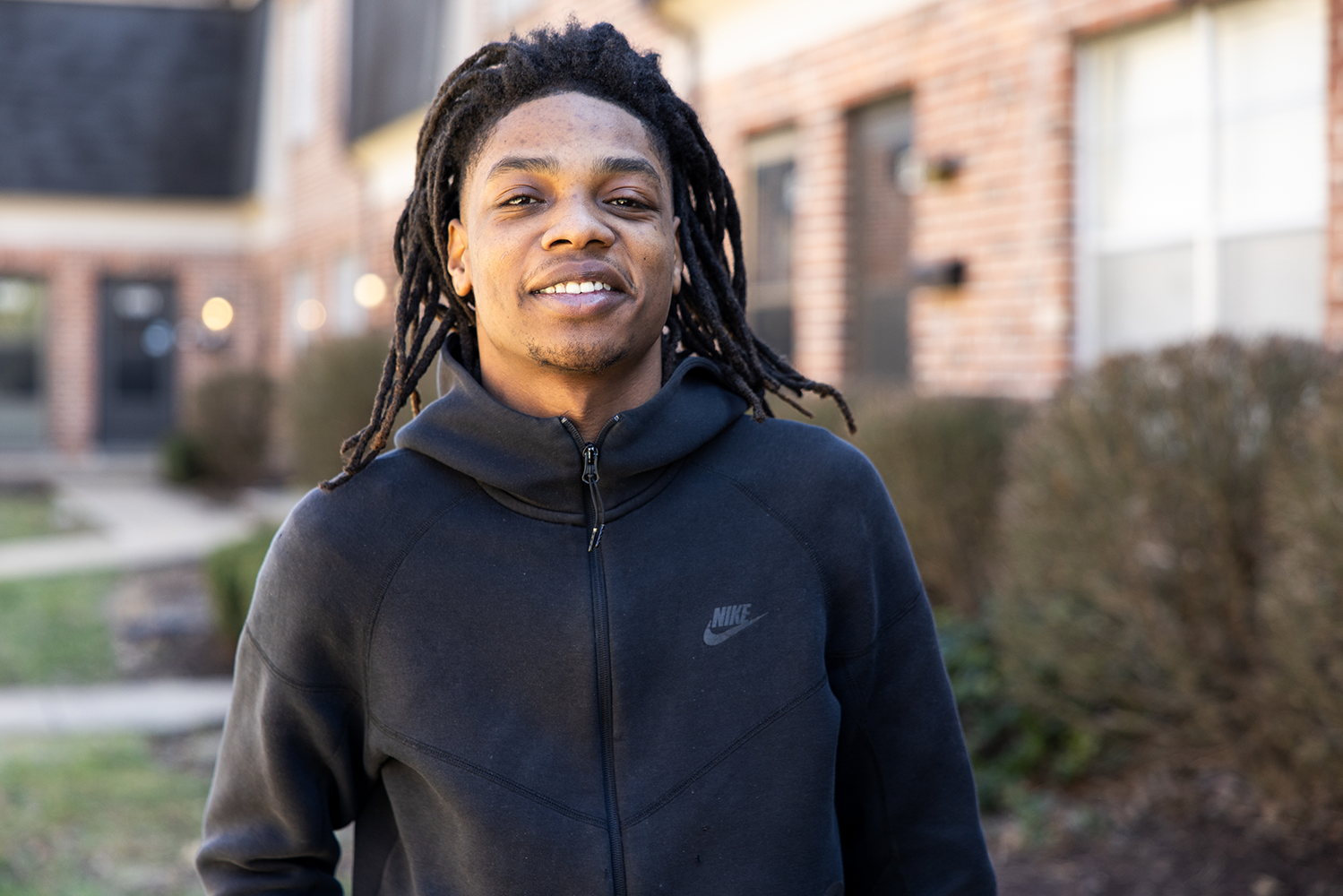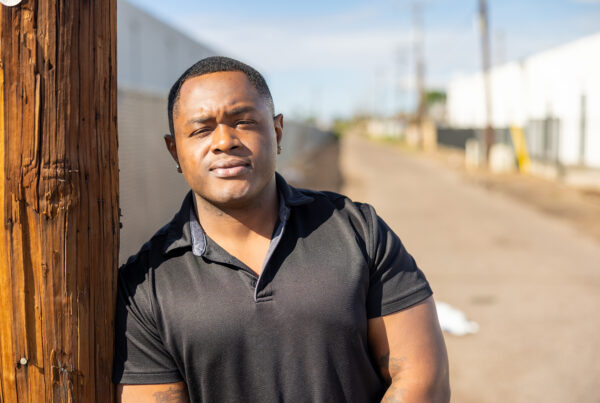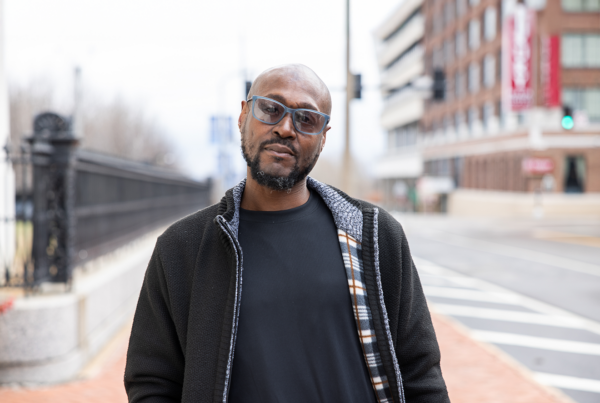Wydell has always prided himself on being a hard worker – an approach to life that started when he was young and wanted to earn money to help his mom.
“My mom was a single parent. She had five boys,” he said. ”I used to go walk through my neighborhood with my little brothers – we would cut grass, rake leaves, shovel snow.” They gave most of the money to their mom.
“We were young, We didn’t need anything but a couple of snacks and to play our games. But my mom, she needed to pay bills.”
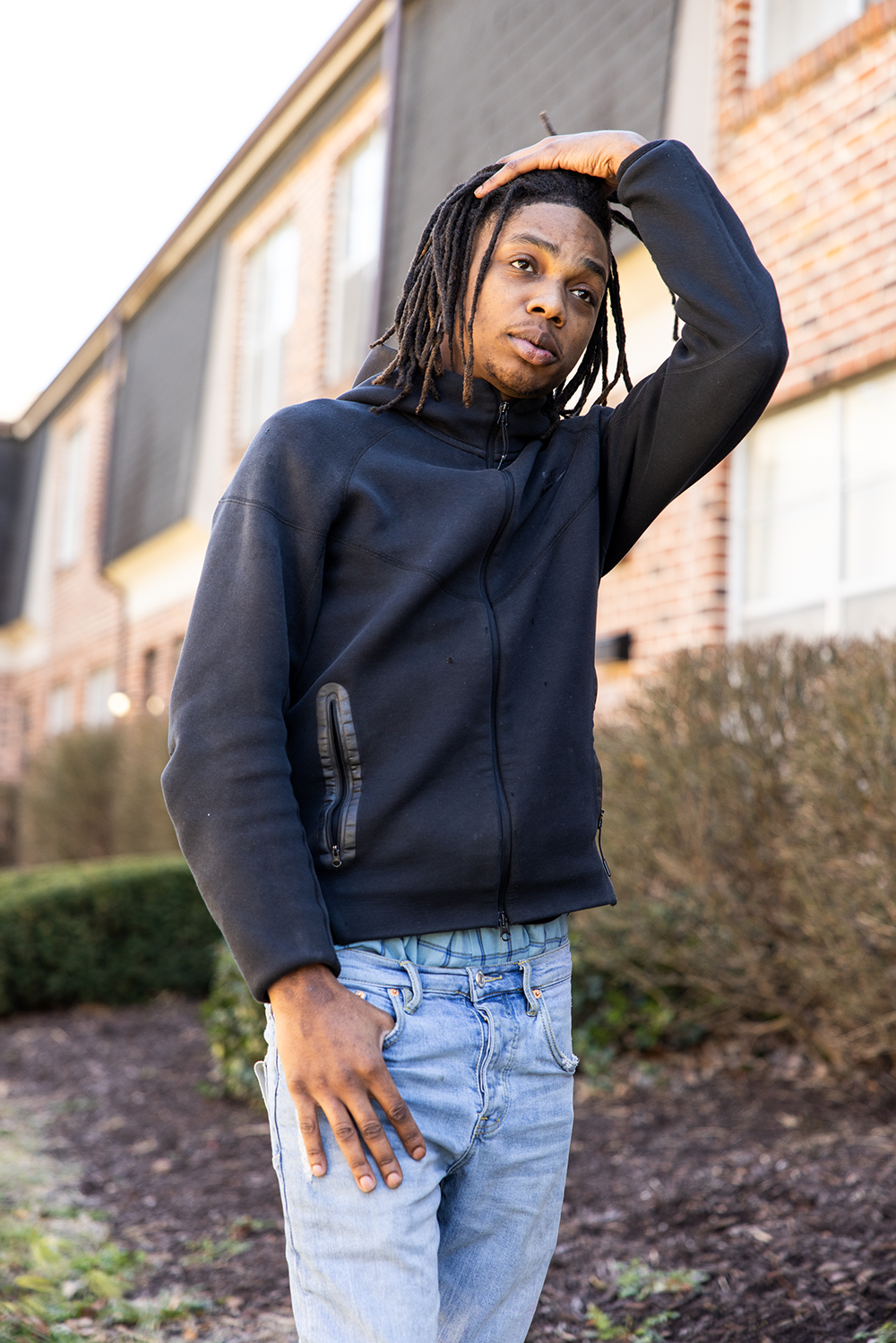
Early last year, Wydell’s life seemed to be going well. He and his girlfriend had a baby boy, and they were planning a move from St. Louis to Atlanta. He rented a truck to help his mom move to Atlanta, then returned to St. Louis to tie up some loose ends – including working out the details with the food production facility where he worked so he could transfer to one of their locations in Atlanta. His mom expected him to be back in Atlanta soon, and he planned to help her with rent.
While back in St. Louis, Wydell listed some high-end sneakers on Facebook Marketplace. He didn’t want to take them to Atlanta, and the money from the sale would help with moving expenses. He met a buyer in a restaurant parking lot, sold the shoes, and started driving home.
That’s when everything changed.
Wydell noticed a car driving close behind him, seeming to try to cut him off. Confused, he wasn’t sure what was happening. Then another vehicle – a marked police car – pulled up and turned on its lights. That’s when Wydell realized the first car was an unmarked police car. He pulled over.
The police accused him of stealing his own car, selling drugs, and carrying an illegal firearm. He had the paperwork to prove the car was his. His gun was legally registered. He even showed them the Facebook Marketplace messages about the shoes. None of it mattered.
“They didn’t care about the truth. They just wanted to find something to charge me with.”
“They didn’t care about the truth. They just wanted to find something to charge me with,” he said.
When Wydell pushed back, explaining the facts, he felt the officers’ anger grow. They arrested him and booked him for felony resisting arrest, setting his bail at $7,500 – an amount he had no way of paying.

Wydell said the resisting arrest charge stemmed from not pulling over for the unmarked car.
“I told them, ‘You didn’t use your lights. I didn’t know who you were,’” he said.
For six weeks, Wydell sat in jail, powerless. He couldn’t call his employer to explain what had happened, and he lost his job for missing work.
“I couldn’t provide for my son,” he said, “And he was just born – he wasn’t even one year old.”
The weight of his incarceration pressed down on him. Wydell worried constantly – about his son, his girlfriend, his mother. As time passed, he feared he wouldn’t even be out in time for his son’s first birthday.
Then, he met a staff member from The Bail Project. She reassured him they would get him out in time for the birthday. They did. But instead of being allowed to move on with his life, the court placed him on house arrest, labeling him a flight risk because he had been planning to move to Atlanta.
When he finally called his job, Wydell learned he had been terminated for missing too many days – meaning no job, no transfer to Atlanta, no stability. Meanwhile, his mother, alone in Atlanta, was left without the financial support she had been counting on.
“It was a struggle,” he said.
In October, the court dismissed all charges. Six weeks in jail. Three months on house arrest. All for charges that never should have been brought in the first place.
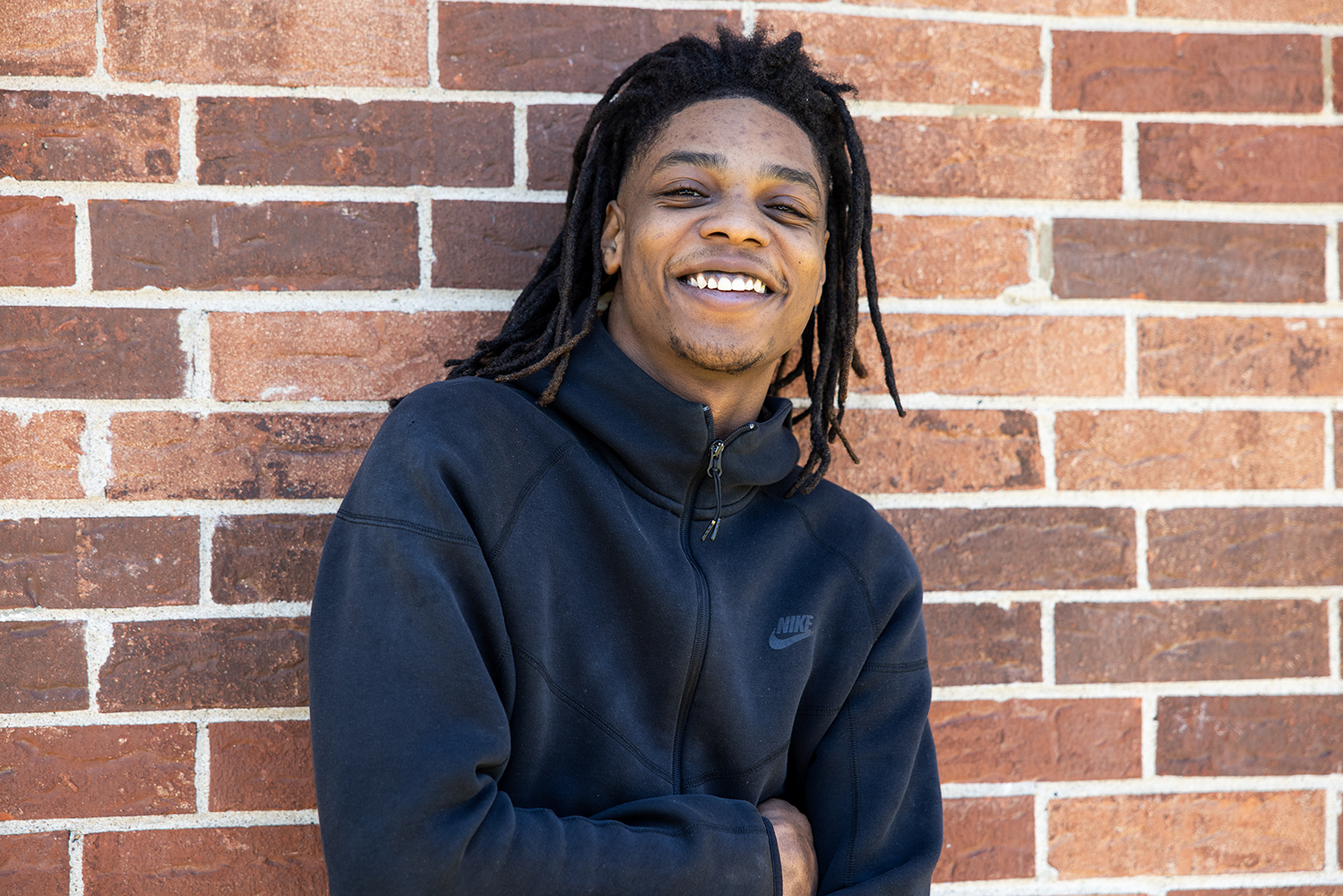
This is what the cash bail system does. It punishes people for being poor. It locks up innocent people simply because they can’t afford to buy their freedom. It destabilizes families, takes parents away from their children, and steals time that can never be given back.
And yet, in December, Wydell got shocking news: police had refiled the resisting arrest charge. He was back on house arrest.
For the first time in his life, he is struggling to find work.
“Anytime I try to talk to a job, even though I’m not convicted – and I’m actually fighting the charge – it’s popping up in my background check.”
“Anytime I try to talk to a job, even though I’m not convicted – and I’m actually fighting the charge – it’s popping up in my background check. So I can’t even get a job right now.”
The restrictions of house arrest add another layer of pain. He is required to live with a family member – but his girlfriend doesn’t count. Instead of being with his girlfriend and son, he’s staying with a cousin.
“I can’t even start up my life,” he said. He’s only able to see his son about once a week.
What happened to Wydell isn’t an accident. It’s the direct result of a broken system that treats people as guilty until proven innocent – if they have money, they can buy their freedom. If they don’t, they sit in jail.
In a frustrating situation, The Bail Project has been a bright spot. Wydell believes that, with their support, he’ll be able to work more closely with his lawyer and get the case dismissed again.
“I’m grateful for them. Without them, I would be sitting in jail,” he said.
But no one should have to rely on luck or the generosity of a bail fund just to be free. No one should lose their job, their home, or time with their family because they can’t afford bail.
Wydell’s story is not unique. Across the country, thousands of people sit in jail simply because they are poor. The presumption of innocence is supposed to be a bedrock principle of our justice system – but for people like Wydell, that principle doesn’t exist.
It’s time to end cash bail. It’s time to stop criminalizing poverty. It’s time for change.
Thank you for your valuable attention. The urgency and complication of the cash bail crisis requires meaningful participation to create real change – change that is only achieved through the support of readers like you. Please consider sharing this piece with your networks and donating what you can today to sustain our vital work.








